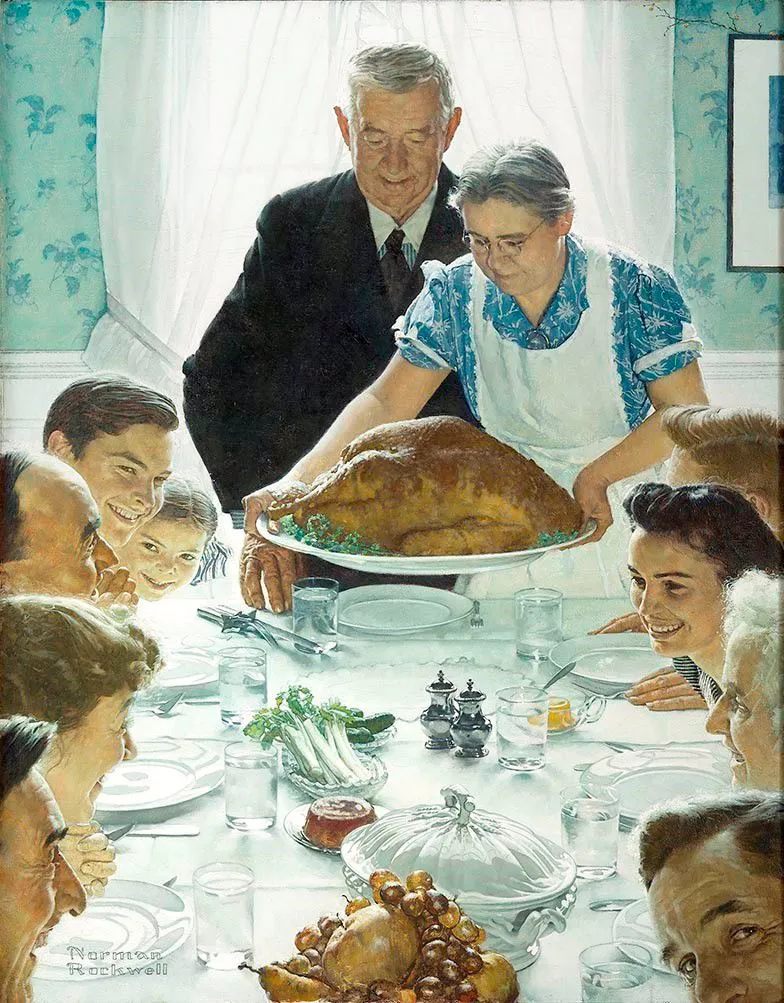The Impact of the New Deal Coalition
2024
The New Deal, a pivotal series of programs and reforms enacted by President Franklin D. Roosevelt between 1933 and 1938, aimed to address the devastating effects of the Great Depression in the United States. This comprehensive initiative encompassed public work projects, financial reforms, and regulations, seeking to provide relief, recovery, and reform.
Key components of the New Deal included programs such as the Civilian Conservation Corps (CCC), the Works Progress Administration (WPA), the Civil Works Administration (CWA), the Farm Security Administration (FSA), the National Industrial Recovery Act of 1933 (NIRA), and the Social Security Administration (SSA). These initiatives aimed to support various segments of society, including farmers, the unemployed, youth, and the elderly.
The New Deal also implemented significant constraints and safeguards on the banking industry and took measures to re-inflate the economy, which had suffered from a sharp decline in prices. The programs were a response to the urgent needs of the time, focusing on providing relief for the unemployed and poor, recovering the economy to pre-depression levels, and reforming the financial system to prevent future economic crises.
Politically, the New Deal led to a realignment, with the Democratic Party becoming the majority party, supported by progressive ideas, the South, big city machines, labor unions, and various ethnic groups. Republicans were divided, with progressive Republicans supporting the New Deal, while conservatives opposed it, viewing it as detrimental to business and economic growth. This realignment solidified into the New Deal coalition, which dominated presidential elections until the 1960s.
Despite its achievements, the New Deal faced criticism and opposition. Conservatives and some historians argue that it expanded federal debt, fostered bureaucracy and administrative inefficiency, and infringed upon free business enterprise. Some critics also contend that the New Deal prolonged the Great Depression and missed opportunities for more radical reforms.
However, supporters of the New Deal maintain that it restored hope and self-respect to millions, built labor unions, upgraded national infrastructure, and saved capitalism from potential collapse. They argue that the New Deal's most significant impact was preserving democracy during a period of uncertainty and crisis.
In conclusion, the New Deal was a transformative period in American history, marked by a series of bold initiatives that aimed to alleviate the suffering caused by the Great Depression. While its impact and legacy continue to be debated, the New Deal's influence on American society and politics cannot be overstated.
